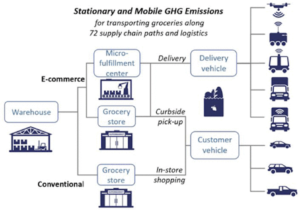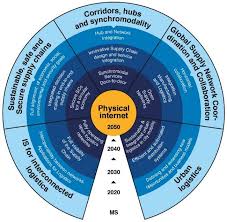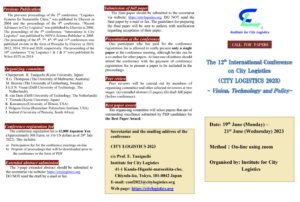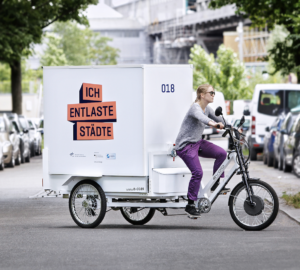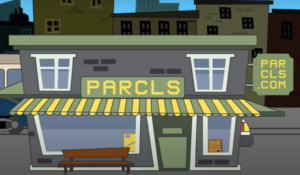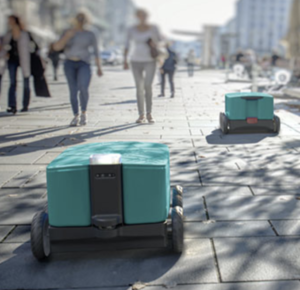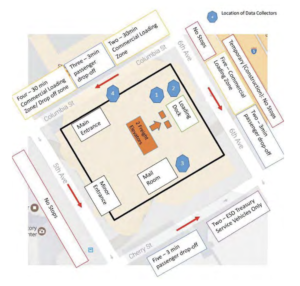Risky business: comparing the riding behaviors of food delivery and private bike riders
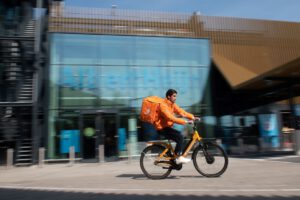
The growth in the gig economy and a preference for home delivery of meals due to COVID-19 have led to huge growth in the food delivery business internationally and consequent road safety concerns. There is increasing evidence that delivery riding is an occupation with significant road safety risks because work pressures encourage risky behaviors. However, …

